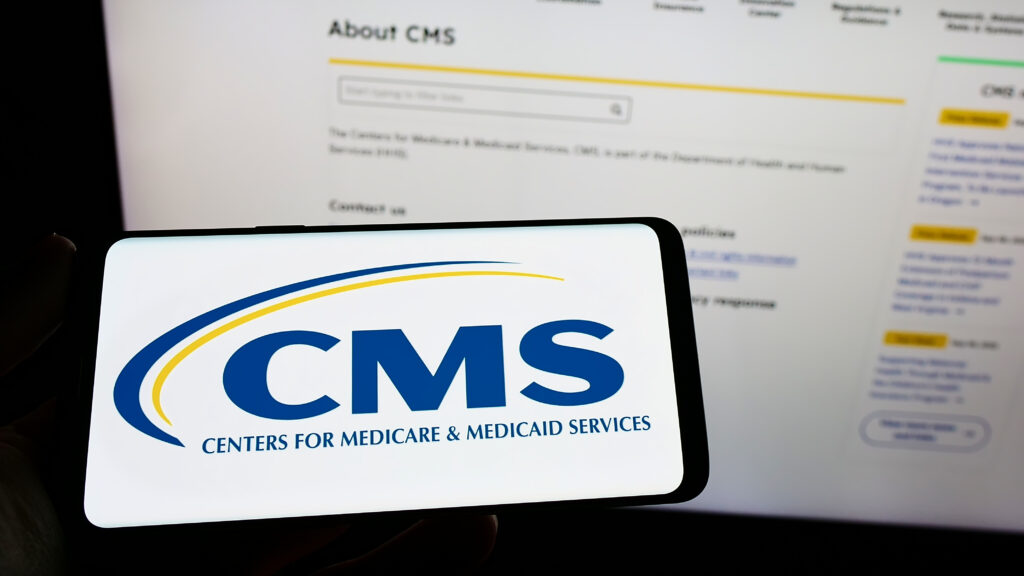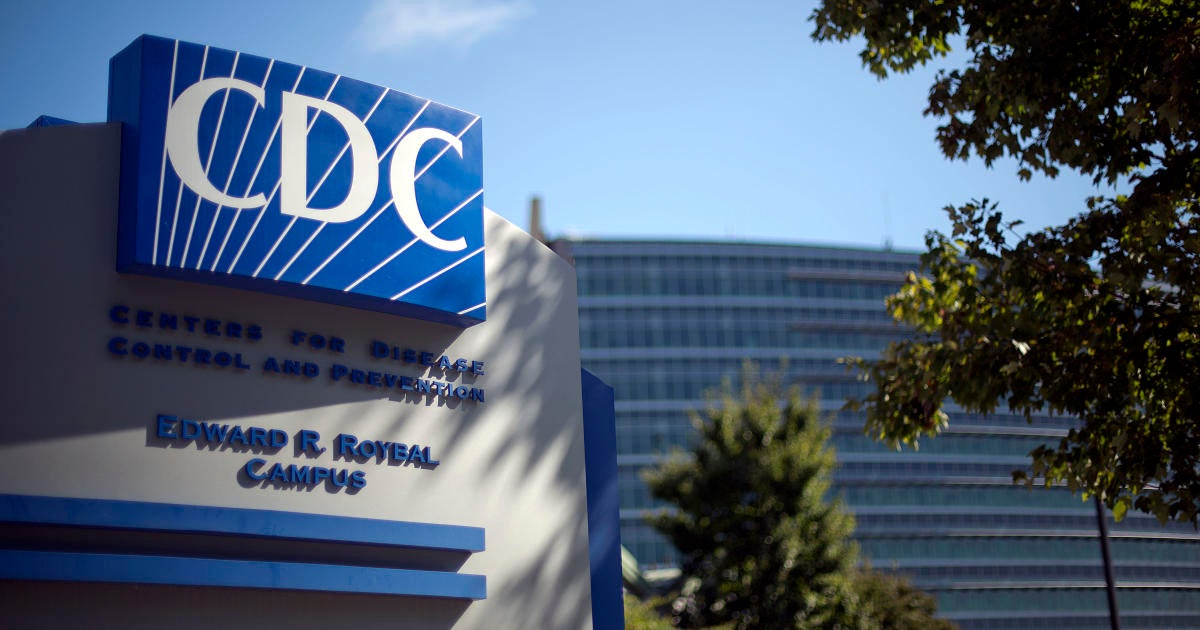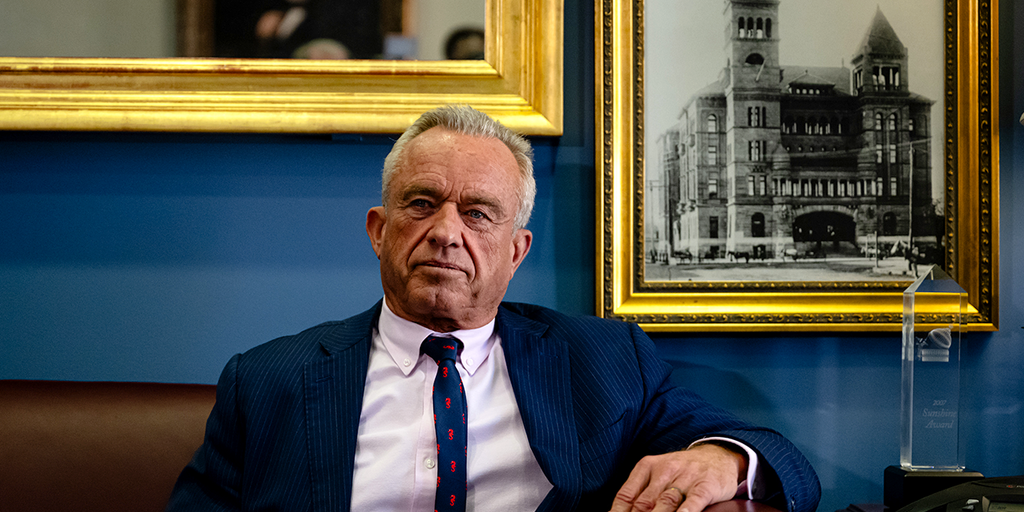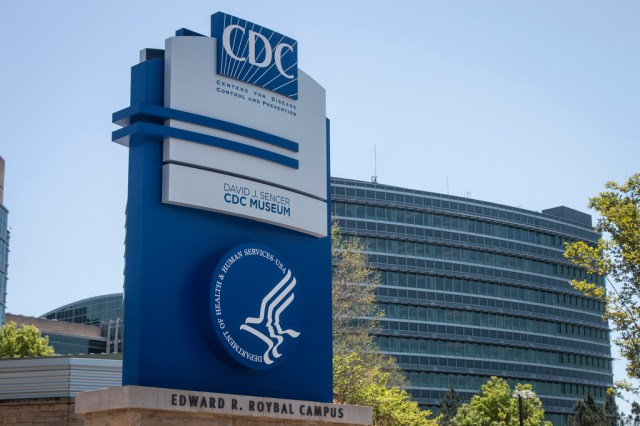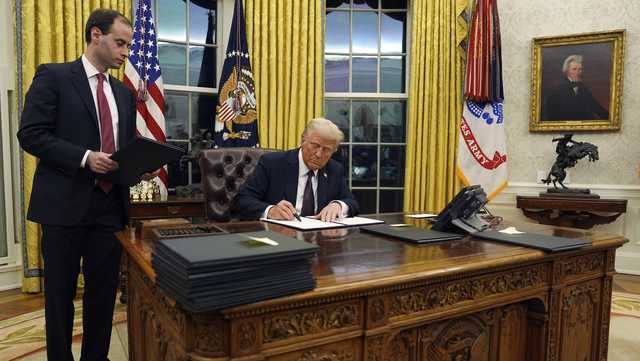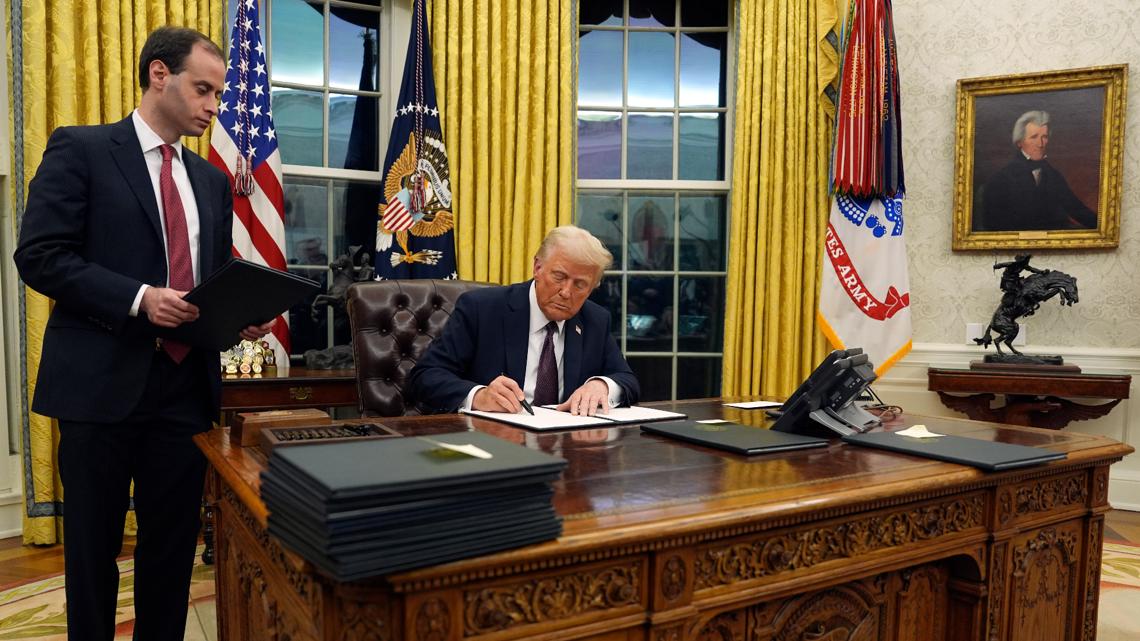
Breaking: Hospitals' Hidden Price Maze - Experts Reveal Insider Strategies to Crack the Data Reporting Code
Unmasking the Price Surge: How Parkview Health's Costs Became a Consumer Burden
In a groundbreaking investigation, three investigative reporters have shed light on the alarming price escalation at Parkview Health, revealing a complex web of financial strategies that have dramatically increased healthcare costs for consumers and employers alike.
The detailed analysis exposes how Parkview Health systematically implemented pricing mechanisms that pushed their medical charges to some of the highest levels in the region. Through strategic market positioning and negotiation tactics, the healthcare system has effectively created a pricing model that places significant financial strain on patients and businesses.
Key findings from the investigation highlight several critical factors contributing to the price surge:
- Aggressive market consolidation
- Strategic contract negotiations with insurers
- Leveraging regional healthcare market dynamics
The reporters' work serves as a crucial exposé, bringing transparency to the often opaque world of healthcare pricing and demonstrating how institutional decisions can have profound economic consequences for everyday consumers.
As healthcare costs continue to challenge families and businesses, this investigation provides critical insights into the mechanisms driving these unsustainable price increases.

